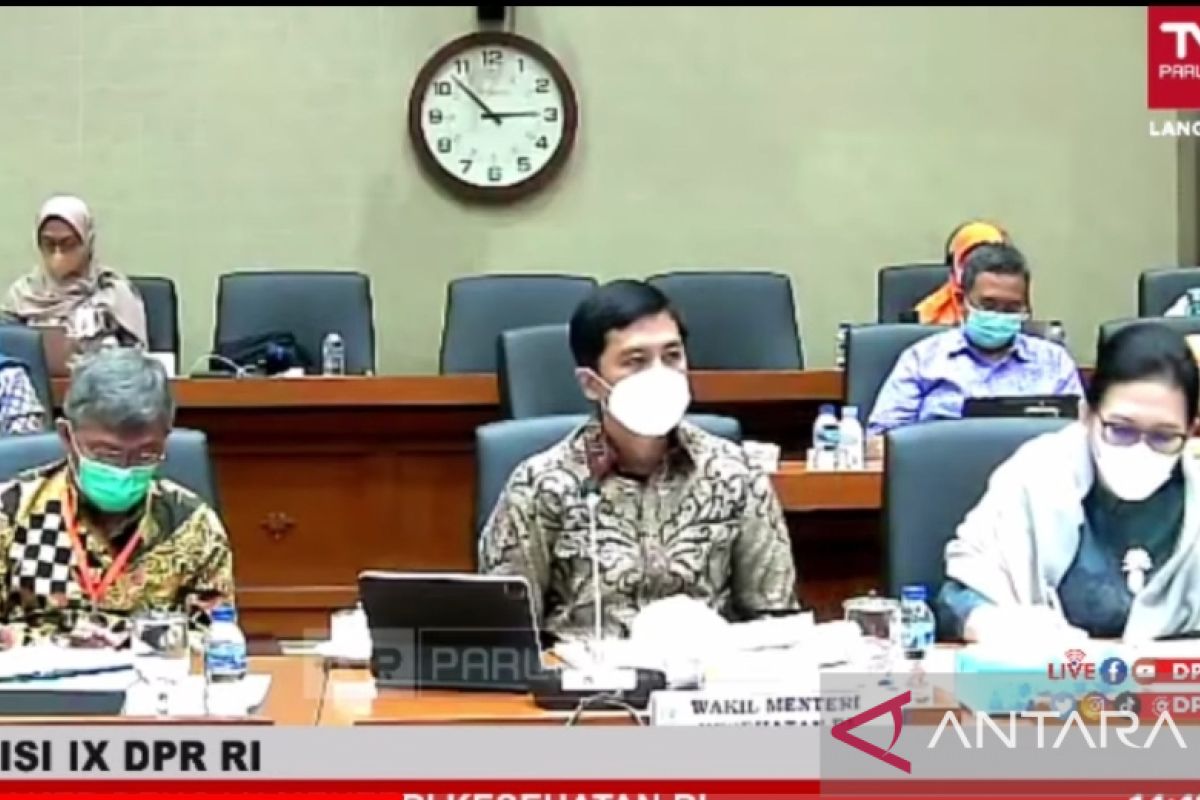This improvement is brought about with the objective of having 34 provinces to have at least one level primary or complete level hospital, Health Deputy Minister Dante Saksono Harbuwono noted.
In addition, 507 districts or cities should have at least one intermediate level hospital, he noted during a hearing meeting with the Commission IX of the House of Representatives on YouTube, Tuesday.
According to Harbuwono, the criteria for primary level hospital is that it should have complete services to handle patients with heart and kidney diseases, cancer, and stroke, and also services for mothers and children.
These services comprise surgery, chemotherapy, radiotherapy, as well as the latest and comprehensive treatment for cancer patients.
Moreover, non-interventional services, cardiac catheterization, open heart surgery, and integrated and advanced management of thrombolysis for patients with heart diseases are the other services.
Stroke patients are treated with non-surgical vascular intervention facility, surgical vascular intervention, and comprehensive hemodialysis management.
A complete hospital is also complemented with uro-nephrologist service in the form of HD access installation, prostate stone surgery, hemodialysis, pediatric CAPD, minimally invasive surgery, and kidney transplantation.
Meanwhile, mother and child services are complemented with basic service facilities, specialist services, subspecialty services, and high complexity case services.
The fulfillment of these health service facilities is undertaken gradually starting this year until 2028.
According to Harbuwono, services for the treatment of catastrophic diseases, such as heart and kidney disease, cancer, and stroke, are chosen as these ailments carry the highest risk of death and necessitated relatively expensive medical treatment costs in Indonesia.
During the event, he also noted that the ministry is developing a strategy to help accelerate the fulfillment of medical infrastructure development in accordance with the standard inpatient class (KRIS) criteria.
Related news: Expect JKN to cover 98% of population by 2024: ministry
Related news: Ministry mulls augmenting list of drugs used in JKN program
Related news: Health Ministry prepares road map for KRIS program
Translator: Andi Firdaus, Fadhli Ruhman
Editor: Sri Haryati
Copyright © ANTARA 2022












